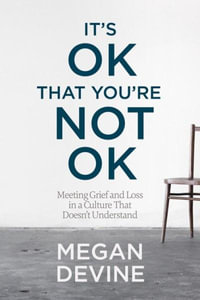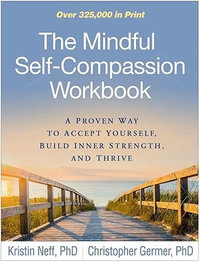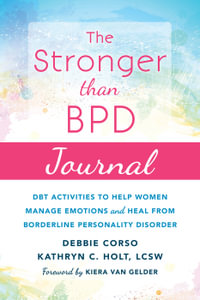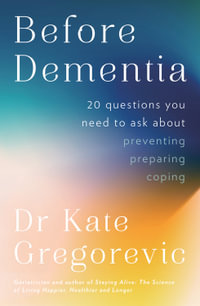Individuals suffering from psychiatric or substance use disorders sometimes display any one of a number of frightening behaviors: verbal outbursts, physical threats and even violence.
In this comprehensive guidebook, Ellis Amdur walks professionals working in healthcare and social services settings through a multitude of steps they can take to keep themselves, their colleagues, and their clientele safe. The focus of this book is behavior not diagnosis.
- The first sections of the book discuss specific behaviors ranging from such relatively minor irritants as reluctance to complete tasks and obsessive concerns to more troubling, pervasive syndromes such as psychosis, mania and disorganization. In one very important section, he discusses interactions with anti-social and psychopathic individuals, people who present danger to the psychological and physical well being of both staff and patients.
- The second major section of the book focuses on us: what we can do to achieve a state of integrity and powerful calm. Rather than abstract pronouncements, he offers specific strategies, including a method of breathing that is for the purpose of maintaining one's center in emergency situations.
- He then moves on to direct face-to-face encounters, covering situations that may occur within a clinic or office, as well as out in the community, be it someone's residence, on the street, or even one's car. This includes how to handle tense situations before they deteriorate into chaos, and how to de-escalate once a crisis has started. Amdur elucidates the various motivations that drive aggression and further delineates the different types of aggression that result. De-escalation tactics are specific -- one learns how to instantly recognize what mode of aggression the person is in, and then, well-trained and practiced, one can almost instantaneously shift into the correct de-escalation tactic that fits the aggression one is facing.
- The final sections of the book offer a macro-view: how to establish and maintain a culture of safety both within your agency and your personal life. The likelihood that one will have to use de-escalation skills or other self-protective strategies is far diminished when such a culture of safety is in place.
Industry Reviews
Amdur covers pertinent matters of mental health praxis applying expert strategies to behavioral components of illness. This is the resource needed to go beyond theory and and diagnostic conceptualizations that are background to building communication skills that work to de-escalate and maneuver in conflict.
While I am not the target audience of this book as I am not a therapist or social worker doing outpatient work; I do work in the mental health arena as a caregiver. This book has been a great resource for me in terms of learning to de-escalate potentially dangerous situations. It has also allowed me to identify potentially problematic behaviors in the clients I work with and get the assistance of a supervisor or other appropriate professional before that issue fully develops into something dangerous. Also valuable are tools for monitoring my internal responses to an individual or situation and for developing instincts for work with a mentally ill population.
























